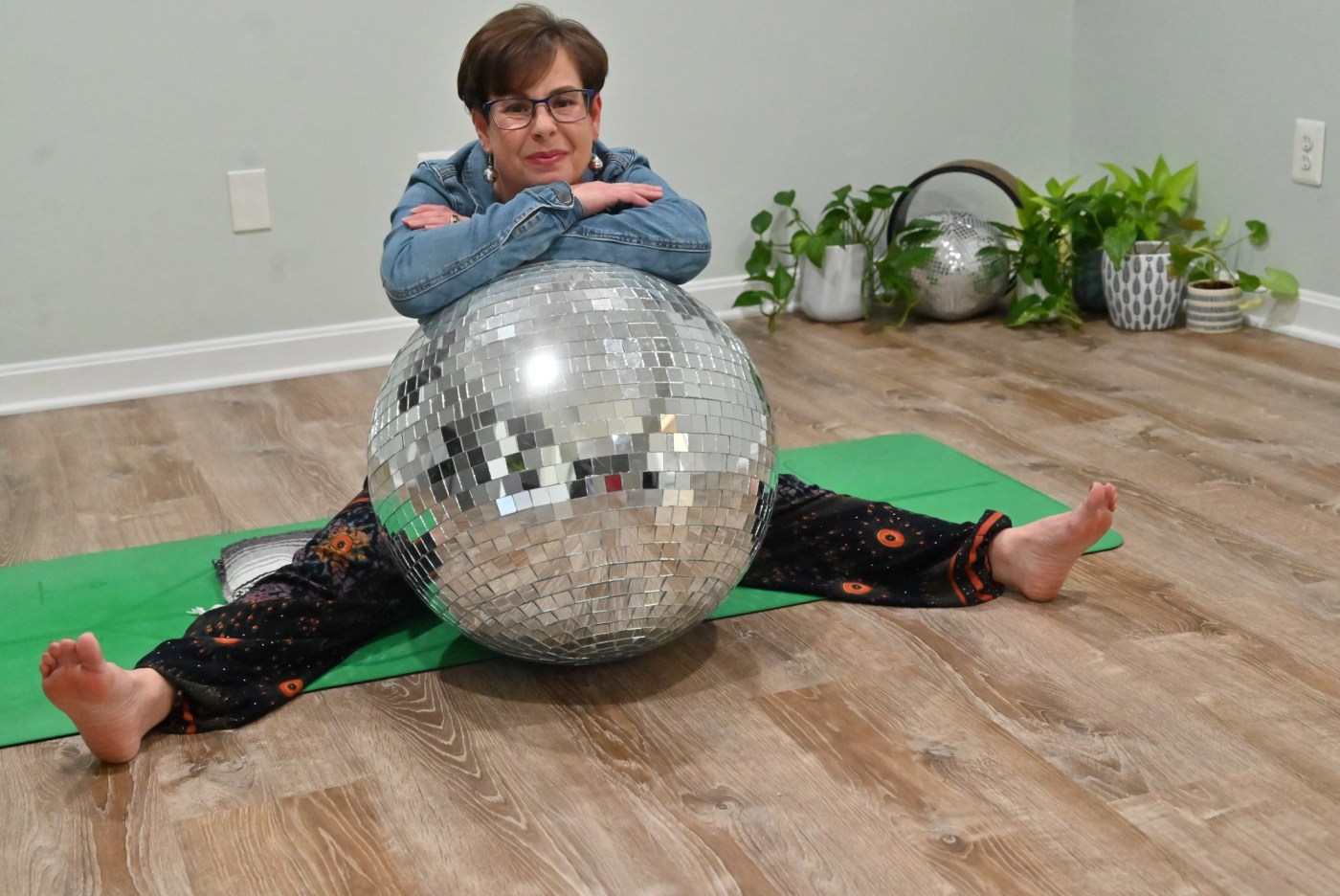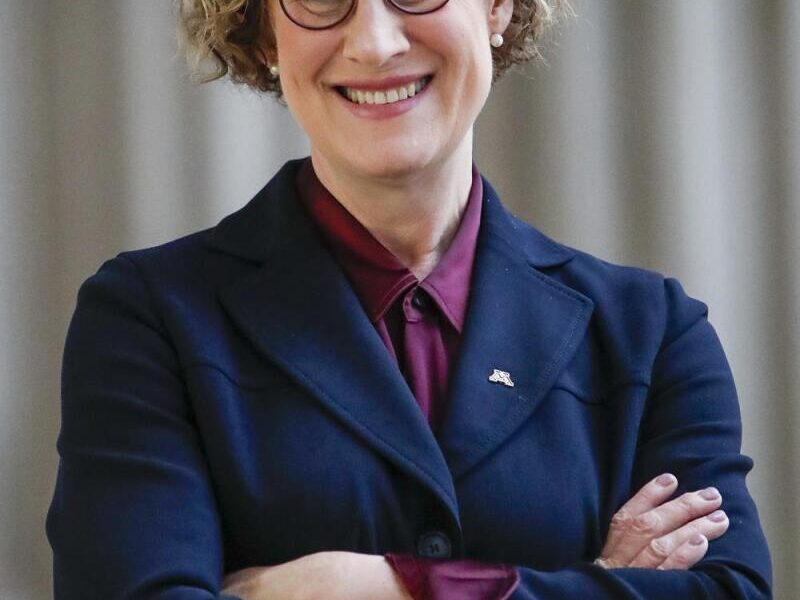Breast cancer survivors in Maryland are redefining resilience and community as they navigate the challenges of life after diagnosis. Jill Krause, who was diagnosed at age 38 in 2010, embodies this spirit. After undergoing eight surgeries in just over 20 months, she continues to face long-term health issues such as osteoporosis and heart problems. Despite these challenges, Krause has turned her experience into advocacy, launching the YOUniversalLOVE oncology yoga practice to support fellow survivors.
According to the National Institutes of Health, the overall survival rate for breast cancer is approximately 91%, with nearly 100% survival for localized cases. Advances in treatment and detection have contributed to a more than 58% reduction in breast cancer mortality over the past 50 years, as noted in a 2024 study published in the Journal of the American Medical Association.
Creating Supportive Communities
Krause describes her transformation from patient to advocate, noting that she initially felt uncomfortable with the term “survivor.” Instead, she prefers to call herself a “disco ball,” representing the collection of experiences that shape one’s identity. “I laid on the mat for the entire hour… That was all I could do,” she recalls of her first yoga session. Now, she offers classes at the Claudia Mayer/Tina Broccolino Cancer Resource Center and in her home, designed to foster healing and community.
In Westminster, another advocate, Tricia “Trish” Wagman, has seen the impact of support groups firsthand. A former nurse at Carroll Hospital, she helped establish the hospital’s cancer support group in 1994. Six years ago, Wagman was diagnosed with invasive ductal cancer, a reality that shifted her role from caregiver to patient. Despite her diagnosis, she continued her work and played a significant role in organizing Carroll Hospital Foundation’s annual “Pink Fling” fundraiser for breast cancer care.
Wagman acknowledges the strides made in early detection and treatment options. “The advances in the early detection have been big and the surgical advances have been amazing,” she said, highlighting the shift from radical mastectomies to less invasive procedures like lumpectomies, which have helped many patients avoid complications like lymphedema.
Advocacy and Empowerment
Krause’s journey emphasizes the importance of self-advocacy in healthcare. She credits her early diagnosis to her persistence in seeking a biopsy for a lump, despite being reassured by an imaging center that there was no cause for concern. “Advocacy is a really big part of my story, because I advocated for myself and I believe I saved my own life,” she stated. She believes that had she waited for the follow-up appointment suggested by the imaging center, her outcome could have been significantly different.
Now, Krause aims to focus on survivorship and provide guidance to those newly diagnosed. “There was nobody, 15 years ago, guiding me at all with what to do now,” she remarked. Her experience has underscored the necessity of finding community and emotional outlets during recovery. “No matter what the emotion is, you are going to be OK,” she reassures others in similar positions.
The stories of Krause and Wagman reflect a broader movement among breast cancer survivors to create supportive networks and advocate for continuous improvement in treatment and care. Their journeys not only inspire others but also emphasize the importance of mental and emotional well-being in the recovery process.
For those seeking support or more information, Krause’s yoga practice and Wagman’s fundraising efforts serve as vital resources in the ongoing fight against breast cancer in Maryland.







